Purchase from EU: Lectronz
Purchase from US/Canada: Tindie
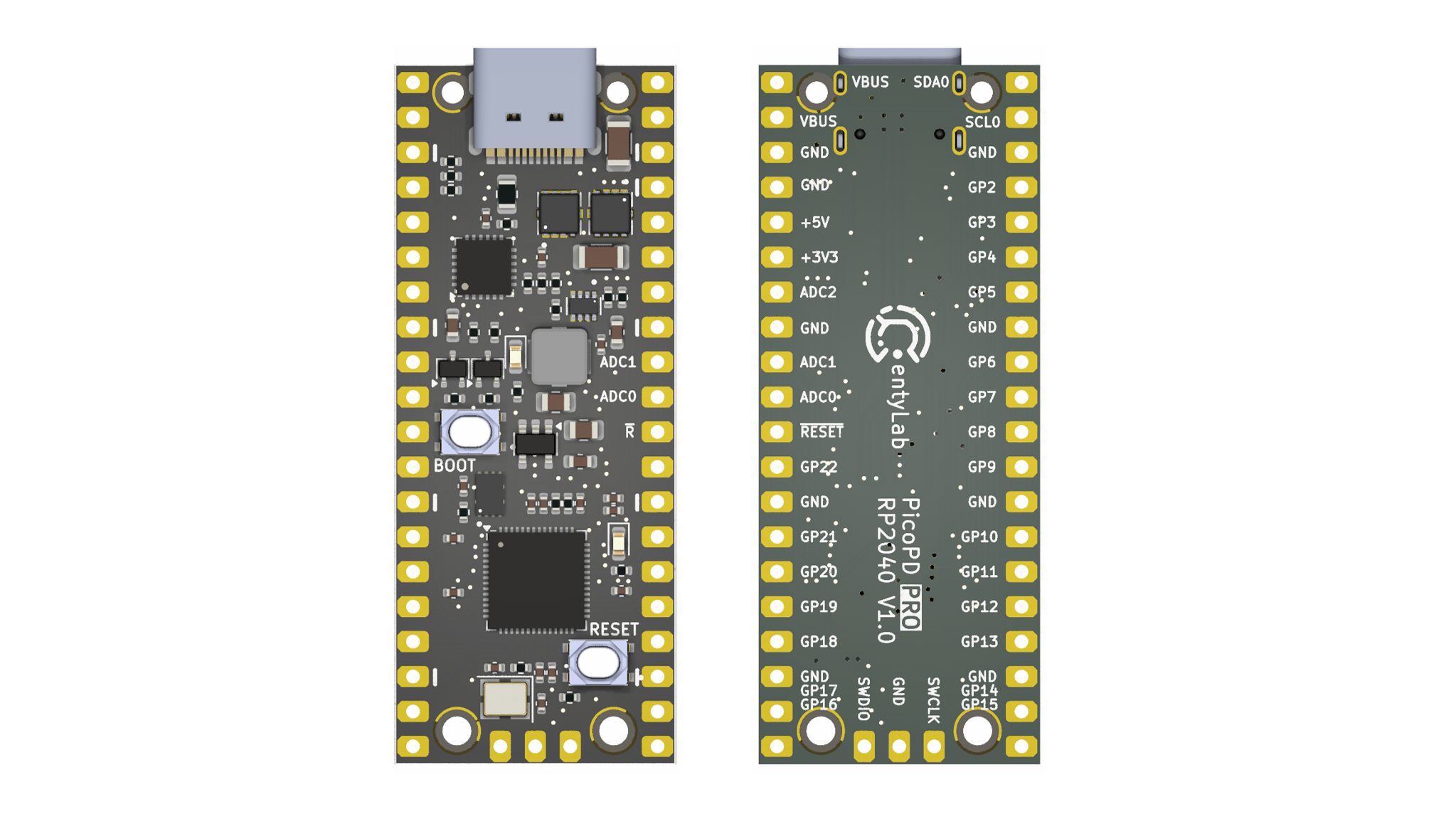
Got suggestion or feedback for us? Check out the comment section.
The prototype run of the project is sponsored by JLCPCB. They have great value for low volume run and easy to order PCBA service as well as 3D printing and CNC work.
Documentation
- AP33772S Arduino - GitHub
- AP33772S Arduino RP2040 - GitHub
- AP33772S CircuitPython - GitHub -> Thanks to hansendc
- PicoPD Pro - GitHub
Status
Hardware and firmware has been tested. You can find the product now on PicoPD Pro on Tindie. Hardware document released.
Specification
- Power
- Built in 5V @ 500mA switching power supply
- Built in 3.3V @ 200mA LDO
- Temperature reading build-in on circuit
- USB-C current/voltage reading build-in on circuit
- USB Type-C port (for power delivery and programming)
- USB-C PD
- Sink Controller AP33772S
- Protocol support: Standard fixed profile, PPS, EPR, AVS up to 30V
- PPS: 100mV increment, 250mA increment
- AVS: 200mV increment, 250mA increment
- Current up to 5A continuous
- Microcontroller
- RP2040 running at 133 MHz
- 264kB on-chip SRAM
- 16MB on-board QSPI flash
- LEDs
- Green - User controllable - GPIO 25
- Reset button
- Boot button
- Programming: Through USB-C or SWD
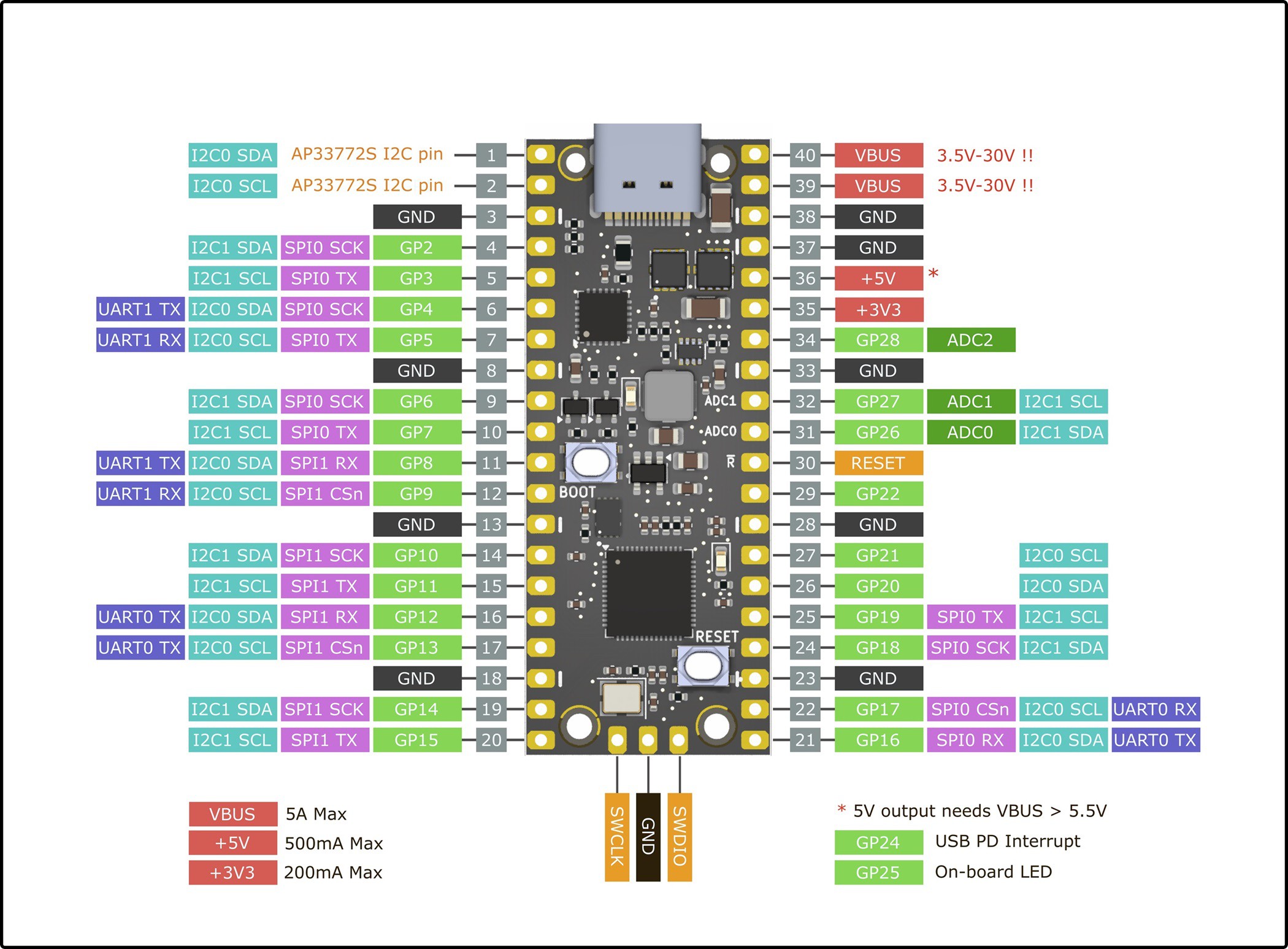
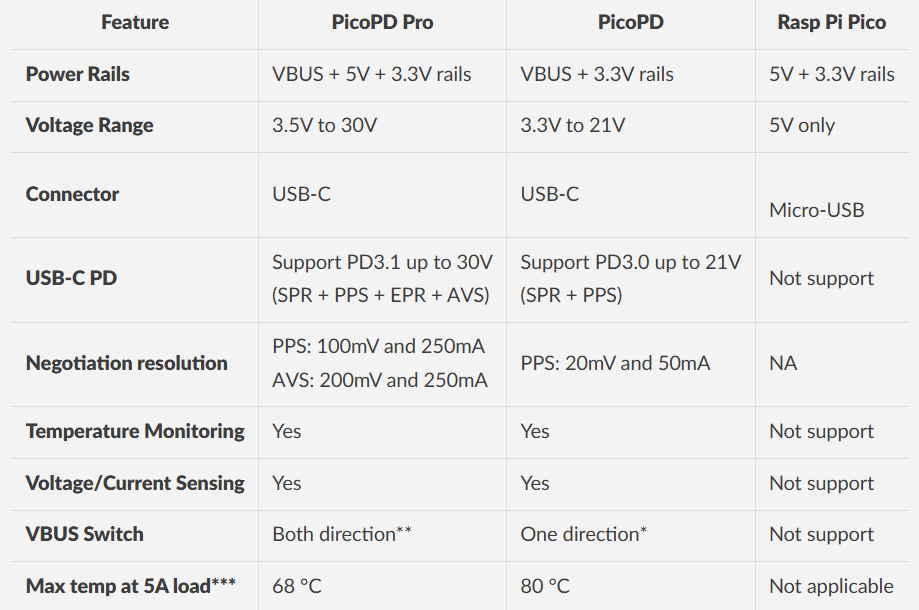
*One direction: There can be black current flow from VBUS back to source when switch is off due to PMOS body diode.
**Both direction: Complete switch, no current flow in both direction when switch is off
***Test at room temperature (20C) 5A load, measured at the VBUS switch after 30mins. Temperature is lower in other part of the board.
EPR/AVS Supplies
As the technology is getting more adoption, as Dec 2024, here are some charger/power bank reported to provide AVS voltage adjustment.
Terminology
For USB Power Delivery 3.1, there is more possible profile in compare to its older version (PD3.0). You can read What is PPS and AVS for USB-C power banks and chargers? for a better explaination.
PDO: Power Data Object. Which mean "one" profile of the charger. PDO can mean standard fixed voltage, extended fixed voltage, PPS, or AVS voltages.
Fixed: This mean any stable voltage like 5V, 9V, 12V, 15V ....28V, 36V, and 48V.
PPS: Programable Power Supply. In this mode, the charger can support voltage starting at 3.3V up to 20V. This mode support fine tune of voltage in 20mV increment as well as current limit starting at 1A with 50mA increment.
EPR: Extended Power Range. This mode mean that the charger support voltage higher than 20V.
AVS: Adjustable Voltage Supply. This mode exist when charger support EPR mode. The start voltage for AVS is 15V and up to the specification of the charger.
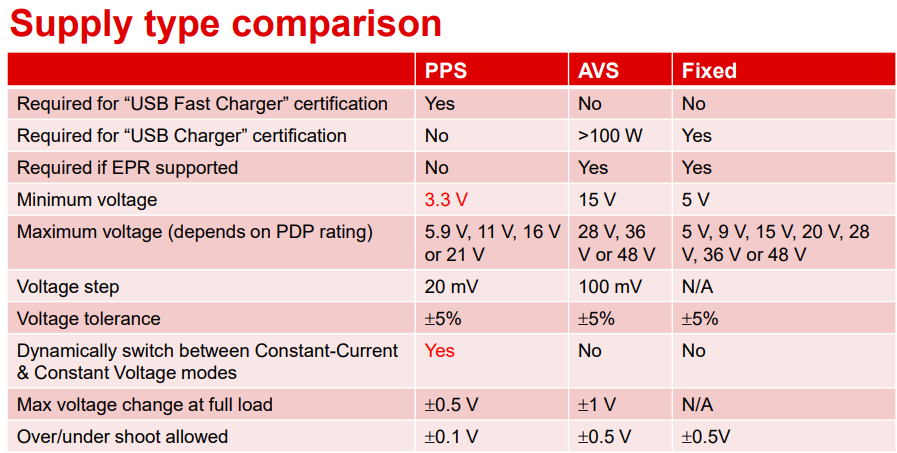
Source: Texas Instrument, BATTERY MANAGEMENT SYSTEMS SEMINAR
Testing Result
With Framework USB-C 180W charger, we were able to request with AP33772 eval board:
- All standard fixed profile: 5V, 9V, 15V, 20V
- EPR up to 28V
- AVS from 15V to 30V
With UGREEN 140W Nexode:
- All standard fixed profile: 5V, 9V, 15V, 20V, 28V
- PPS from 3.5V to 21V
Pulling 5A after 30 mins result in hottest spot sitting at 68C
 CentyLab
CentyLab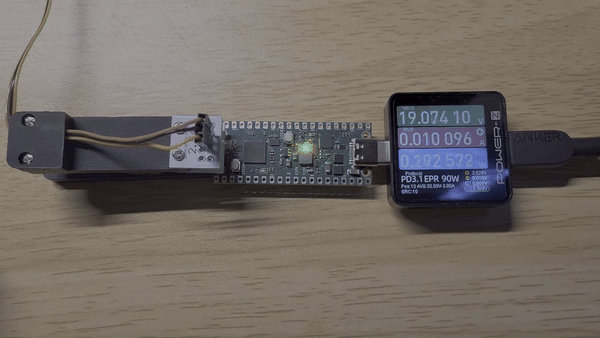
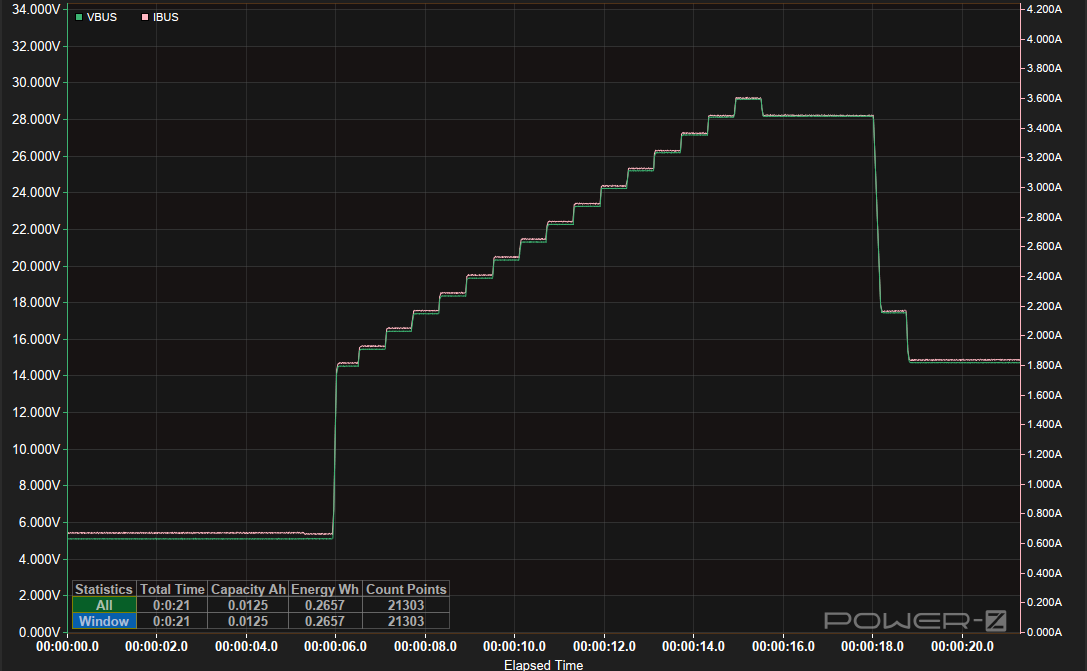

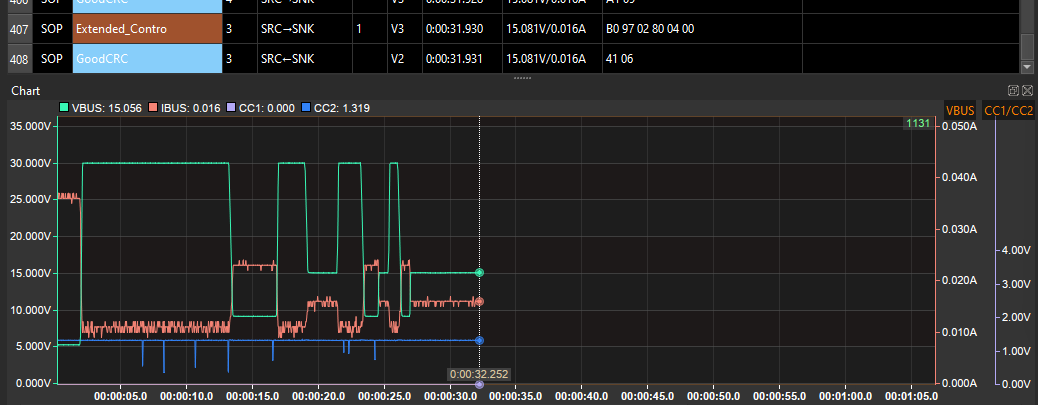
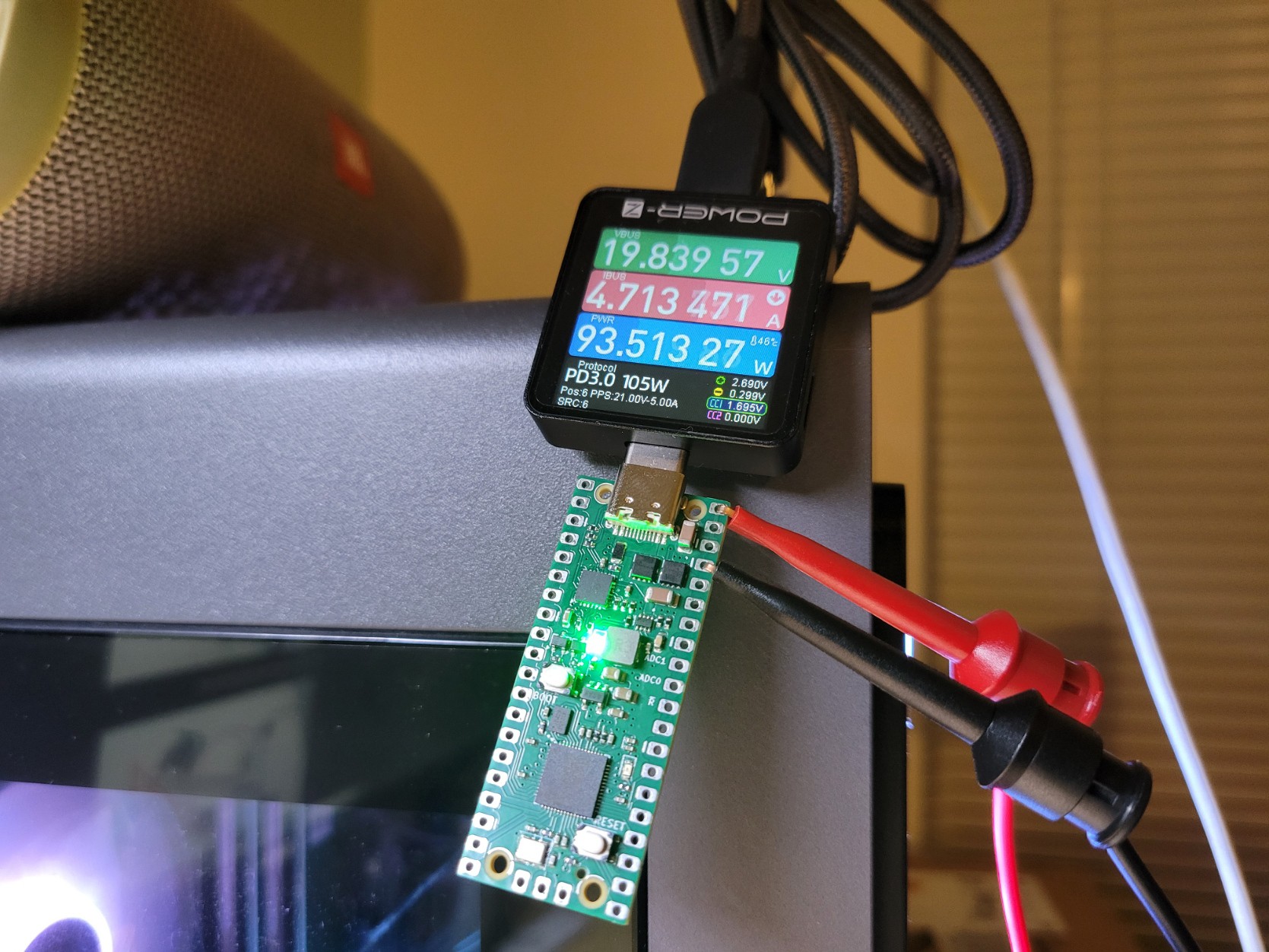
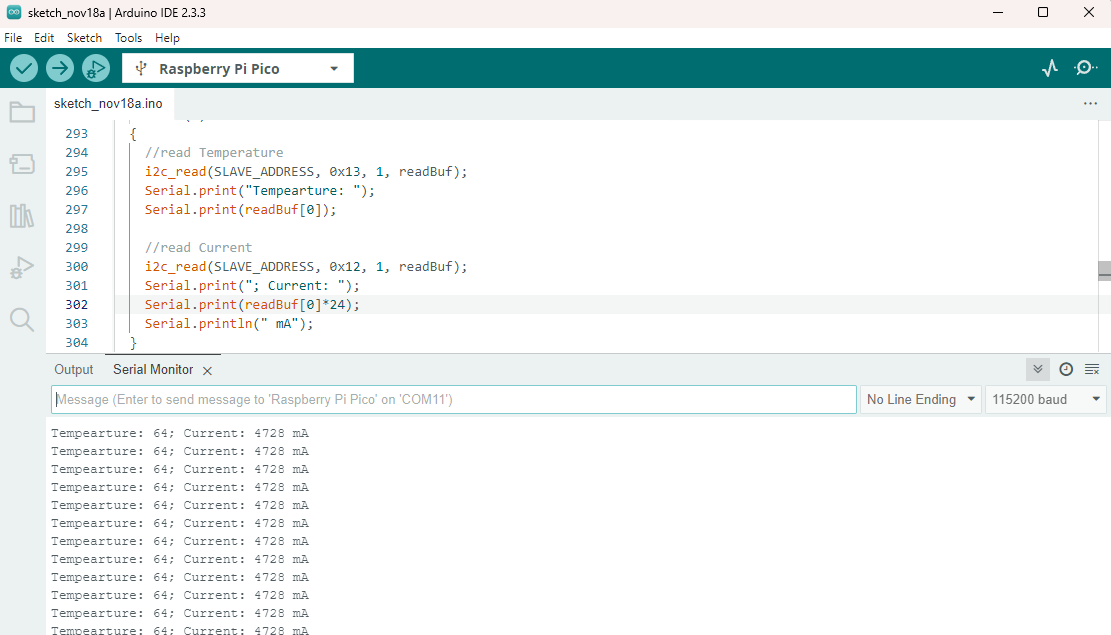
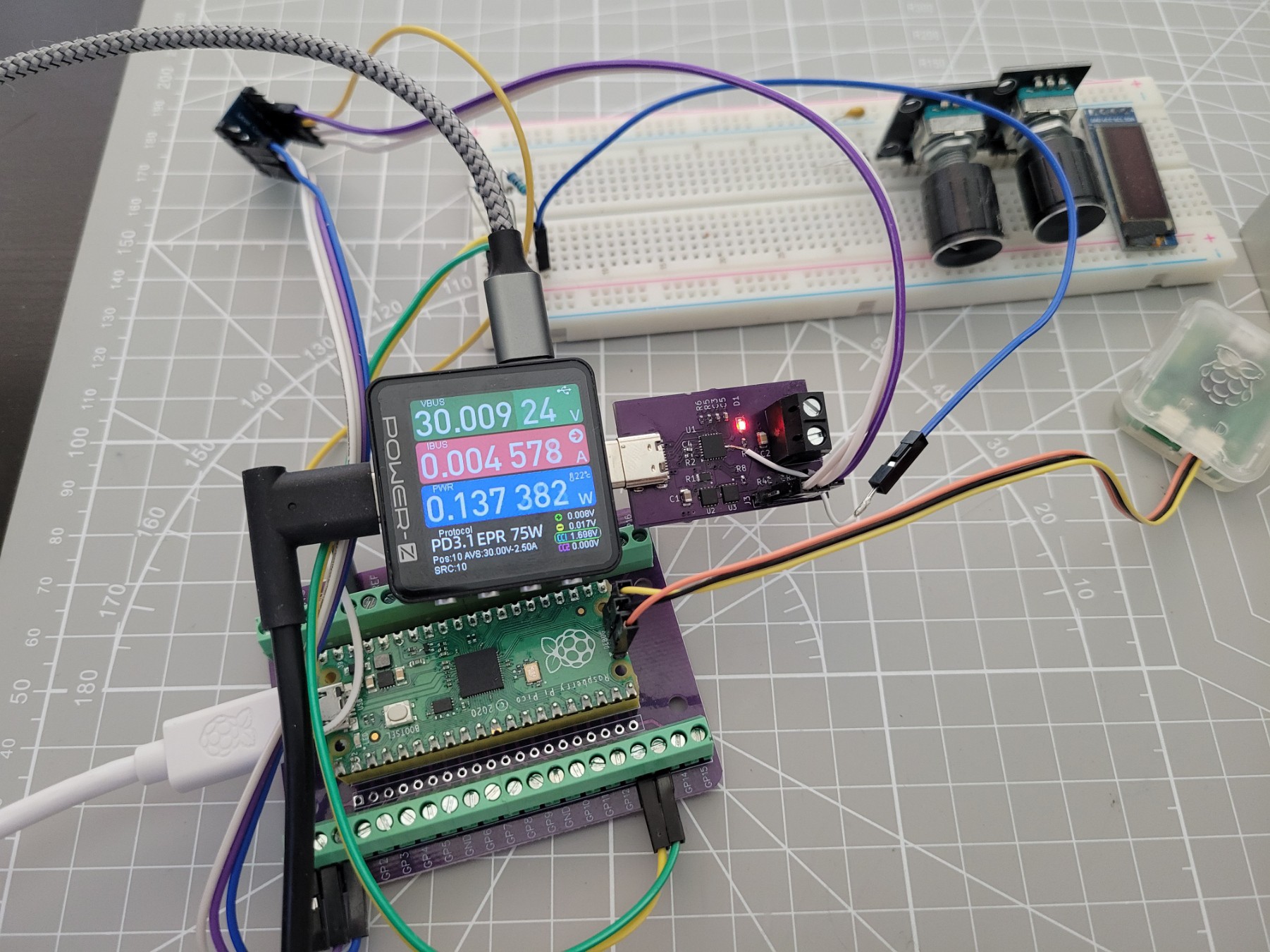
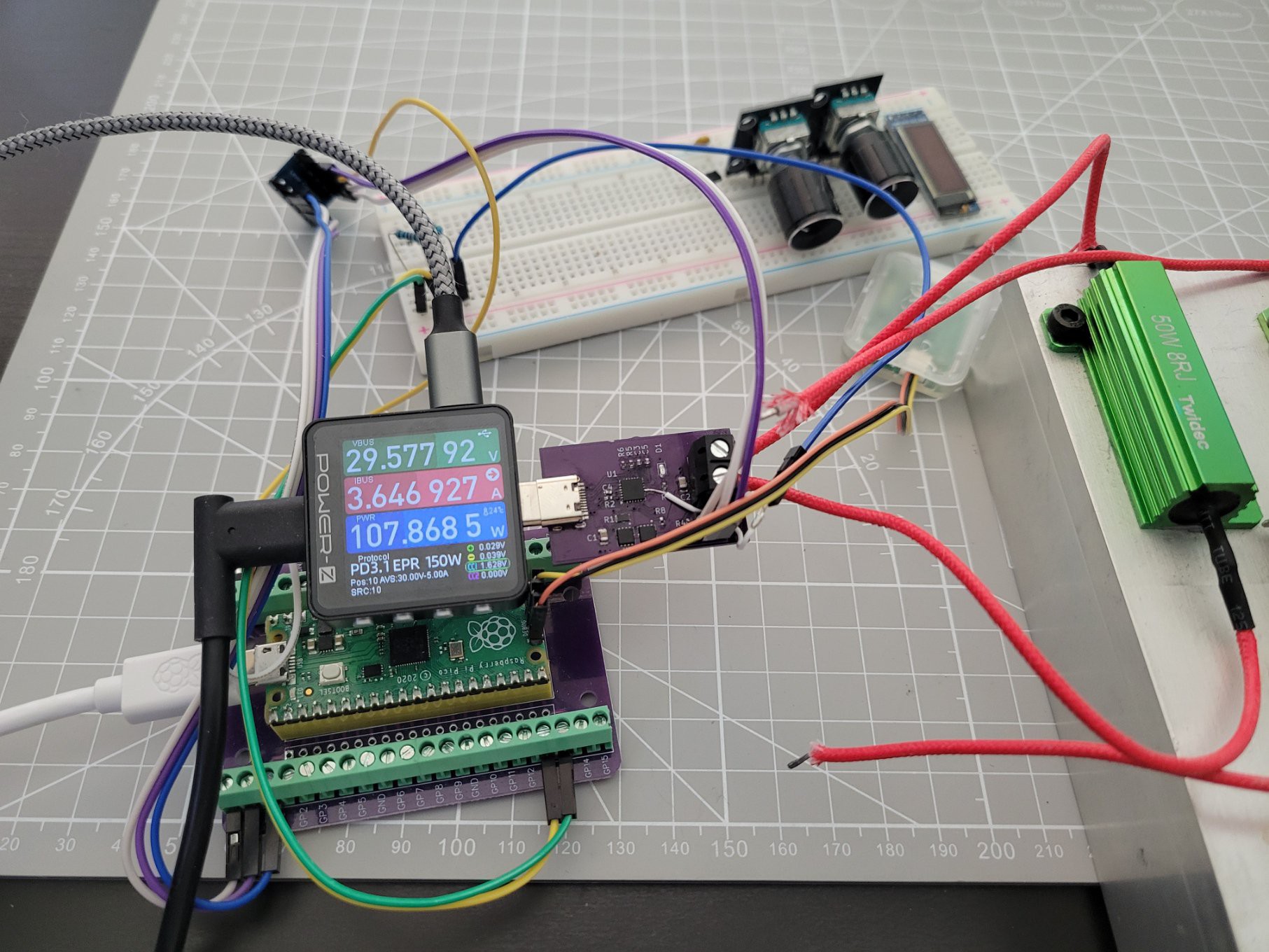
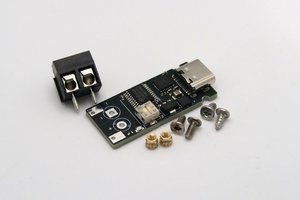
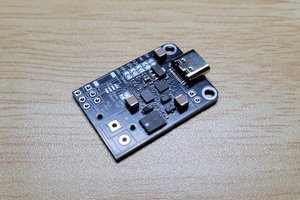
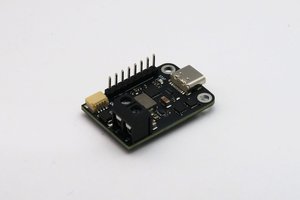
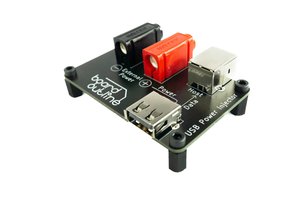
 Nikola Manolov
Nikola Manolov